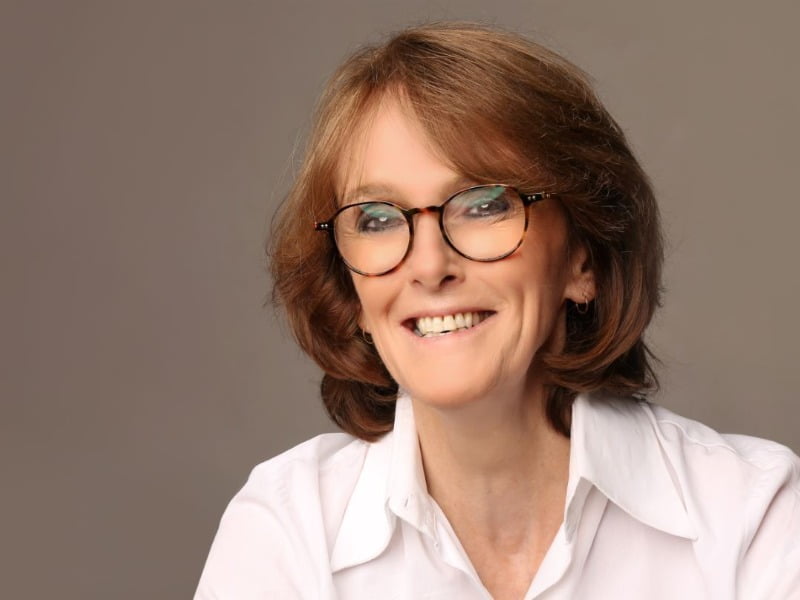Australia’s Chief Scientist Dr Cathy Foley has backed the domestic manufacturing of US-developed mRNA vaccines, likening the new capability as a “honeypot” which will have benefits beyond Covid-19 and stimulate the local sector.
In a shortened Senate Estimates appearance on Thursday night, Dr Foley said Australia’s investment in health and medical research is now paying off, with a variety of innovation and manufacturing hubs around the country translating the foundational work.
“What we’re seeing now is that maturity,” Dr Foley said.
“So we’re going away from just the discovery side, which we’ve absolutely nailed, to seeing that translation.”

The groundwork has helped make local mRNA vaccine manufacturing viable, with Dr Foley endorsing the arrival of US pharma giant Moderna late last year to establish a domestic capability.
Moderna’s local presence, enabled through a Commonwealth and Victorian government agreement that followed nearly a year of deliberations, will create a medical manufacturing “honeypot” to boost the local sector, Dr Foley said.
“When you look at the Australian context, there’s nothing like bringing a company in to be able to set up manufacturing here. It actually is a little bit like a honey pot to bees, and you actually start creating that ecosystem which allows path to market.
“Because mRNA is not just for COVID vaccines, that has got the potential for a range of different vaccines and therapeutics for different medical conditions.”
There is even more potential when the growing number of medical innovation hubs and vaccine research around the country are considered, Dr Folley said, pointing to Victoria’s Parkville and Monash regions, New South Wales’s Westmead precinct, and Queensland researcher’s Gardasil’s cervical cancer vaccine.
The pandemic created unprecedented incentive for private and public sector organisations to work together on expediting commercialisation, notwithstanding the delays to setting up a mRNA manufacturing, Dr Foley said.
Australia’s Chief Scientist also backed the foundational discovery research, amid a government push to fund more applied work as part of a commercialisation push.
She warned that Australia’s decision makers needed to ensure a balance is struck between discovery and applied research, and young Australians need to be able to see a pathway to exciting blue sky research careers.
“[We need to] incite the curiosity of people so that they do want to be researchers — that we feed that as something that young people aspire to and so that they work hard,” Dr Foley said.
“It’s not easy to become a researcher. There’s a lot of work involved and it’s probably not as financially rewarding as other careers. We’ve got to sort of make sure we support them and also support them in their careers. I think we’ve got work to do there.”
Dr Foley was allotted less than 10 minutes at a contracted hearing and only received questions from Labor Senator Jess Walsh.
Do you know more? Contact James Riley via Email.

